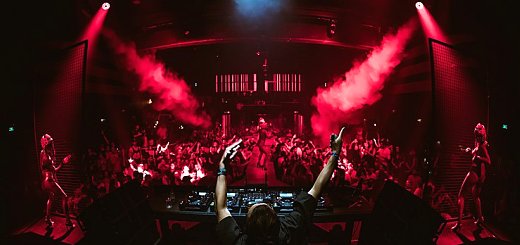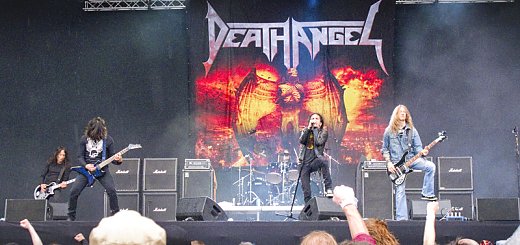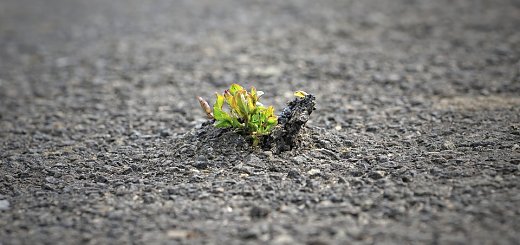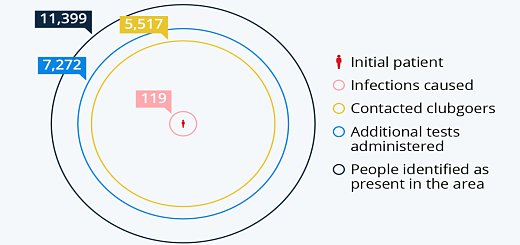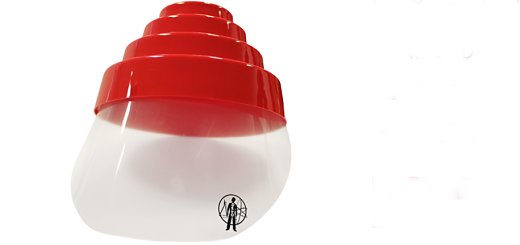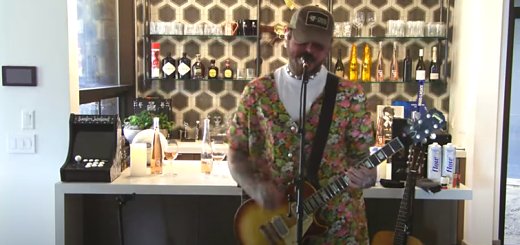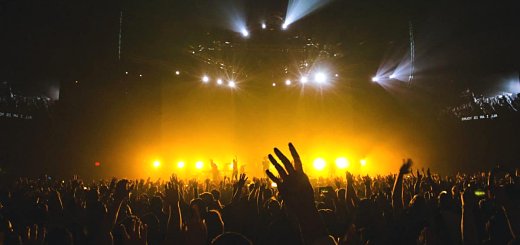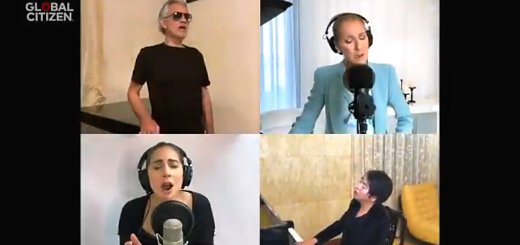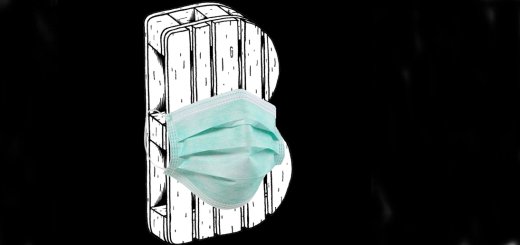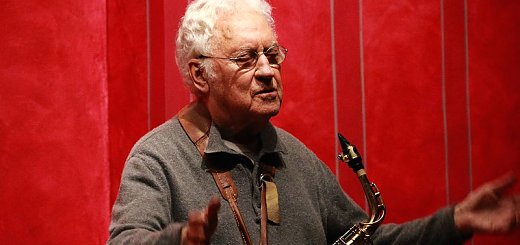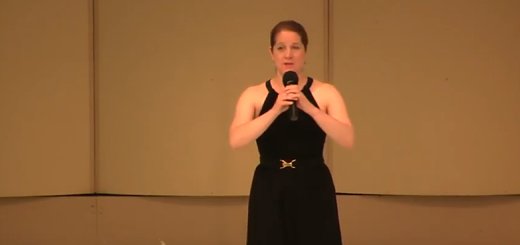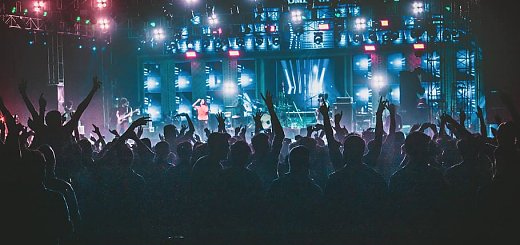European governments clash with illegal parties revelers due to fears of Covid-19 surge
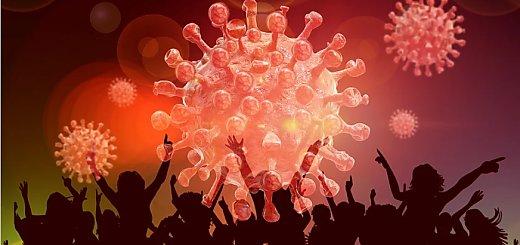
Portugal's government announced restrictions on several areas of Greater Lisbon from 1 July, after reports of parties that attracted as many as 1,000 revellers. In Paris, the police clashed with the thousands who thronged to Paris’s Canal Saint-Martin and Marais district for the annual Fête de la Musique. In Berlin, more than 100 officers broke up a demonstration that turned into a spontaneous, 3,000-person party. In England, the police are grappling with a proliferation of illegal parties. In Spain, the authorities slapped a €10,400 fine on Belgium’s Prince Joachim after the royal breached the country’s quarantine rules to attend a party in southern Spain; he later tested positive for the virus. Guardian suggests these parties are to blame for the surge in new Covid-19 cases in the last two weeks.
